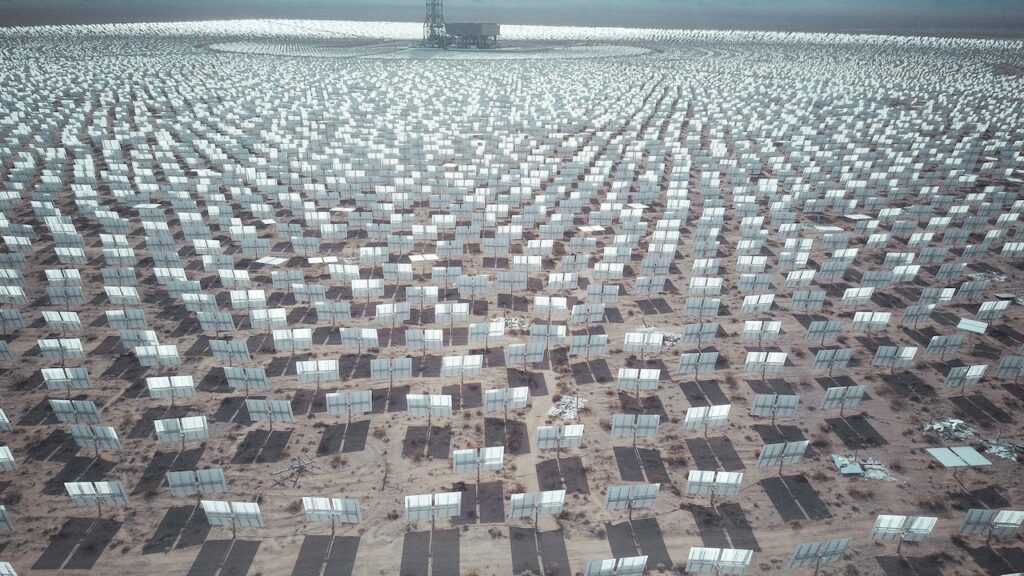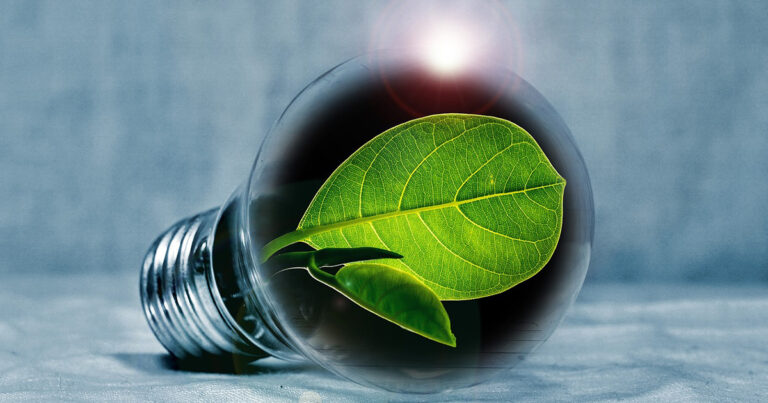Introduction
As the world faces the challenges of climate change and the depletion of traditional energy sources, the importance of transitioning to green energy has become paramount. Green energy, derived from renewable sources, presents a sustainable and environmentally friendly solution to our energy needs. In this article, we will explore the future of green energy in both the global context and specifically in India in 2023.
Table of Contents
The Current State of Green Energy
The adoption of green energy has been steadily increasing worldwide, driven by growing awareness of environmental issues and the need for energy security. Solar, wind, hydro, geothermal, and biomass are among the key sources of green energy. Many countries have made significant strides in harnessing these resources to reduce their carbon footprint and combat climate change.
Advancements in Renewable Technologies

In recent years, there have been remarkable advancements in renewable energy technologies. Improved solar panels, more efficient wind turbines, and enhanced energy storage solutions have made green energy more reliable and cost-effective. These developments are expected to accelerate the global shift towards a greener and cleaner energy landscape.
Green Energy Policies and Initiatives
Governments around the world have recognized the urgency of transitioning to green energy. Various countries have implemented policies and initiatives to promote the use of renewable energy sources. Subsidies, tax incentives, and feed-in tariffs are some of the measures taken to encourage investments in green energy projects.
The Economic Impact of Green Energy
Contrary to some misconceptions, investing in green energy can have a positive impact on the economy. As the demand for renewable technologies rises, there will be a surge in job opportunities in the renewable energy sector. Additionally, reduced dependence on imported fossil fuels can improve a country’s trade balance and create a more stable and sustainable economy.
Challenges and Solutions
Despite the progress made in adopting green energy, there are challenges that need to be addressed. Intermittency issues with solar and wind power, high upfront costs, and the need for a robust energy grid are some of the obstacles faced. However, ongoing research and development, coupled with supportive policies, can overcome these challenges.
Green Energy in India: A Case Study

India, being one of the world’s fastest-growing economies, has a significant role to play in shaping the future of green energy. The Indian government has set ambitious targets for renewable energy capacity and has been actively promoting the use of solar and wind power. In 2023, India is expected to make substantial progress in its transition to green energy.
The Role of Technology and Innovation
Technology and innovation will play a pivotal role in the advancement of green energy. Breakthroughs in energy storage, grid management, and smart energy systems will revolutionize how we generate, distribute, and consume energy. These innovations will make green energy more accessible and affordable for all.
Green Energy and Sustainable Development
The future of green energy is intertwined with the concept of sustainable development. As nations strive to achieve the United Nations Sustainable Development Goals, clean and renewable energy sources will be instrumental in addressing energy poverty, mitigating climate change, and fostering inclusive growth.
The Future Outlook for Green Energy
Looking ahead, the future of green energy appears promising. As technology continues to evolve and economies embrace sustainable practices, the share of green energy in the global energy mix will continue to rise. This shift will not only benefit the environment but also secure a more resilient and sustainable future for generations to come.
Conclusion
In conclusion, the future of green energy is bright and holds the key to a sustainable and thriving world. The collective efforts of governments, businesses, and individuals are vital in accelerating the adoption of green energy. By embracing renewable technologies, implementing supportive policies, and fostering innovation, we can pave the way towards a cleaner, greener, and more prosperous future.
FAQs
- What is green energy?
- Green energy refers to energy derived from renewable sources such as solar, wind, hydro, geothermal, and biomass.
- Why is green energy important?
- Green energy is important because it reduces greenhouse gas emissions, mitigates climate change, and promotes energy security.
- How does green energy benefit the economy?
- Green energy creates job opportunities, improves trade balances, and fosters economic stability through reduced dependence on imported fossil fuels.
- What are the challenges of adopting green energy?
- Some challenges include intermittency issues with solar and wind power, high upfront costs, and the need for a robust energy grid.
- How is India embracing green energy?
- India has set ambitious targets for renewable energy capacity and actively promotes the use of solar and wind power to transition towards green energy.



